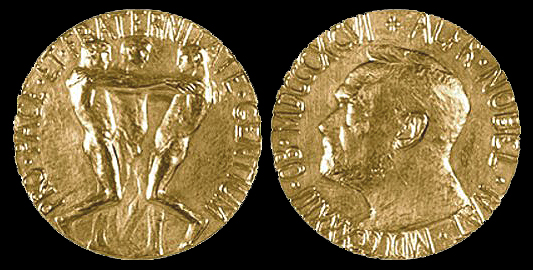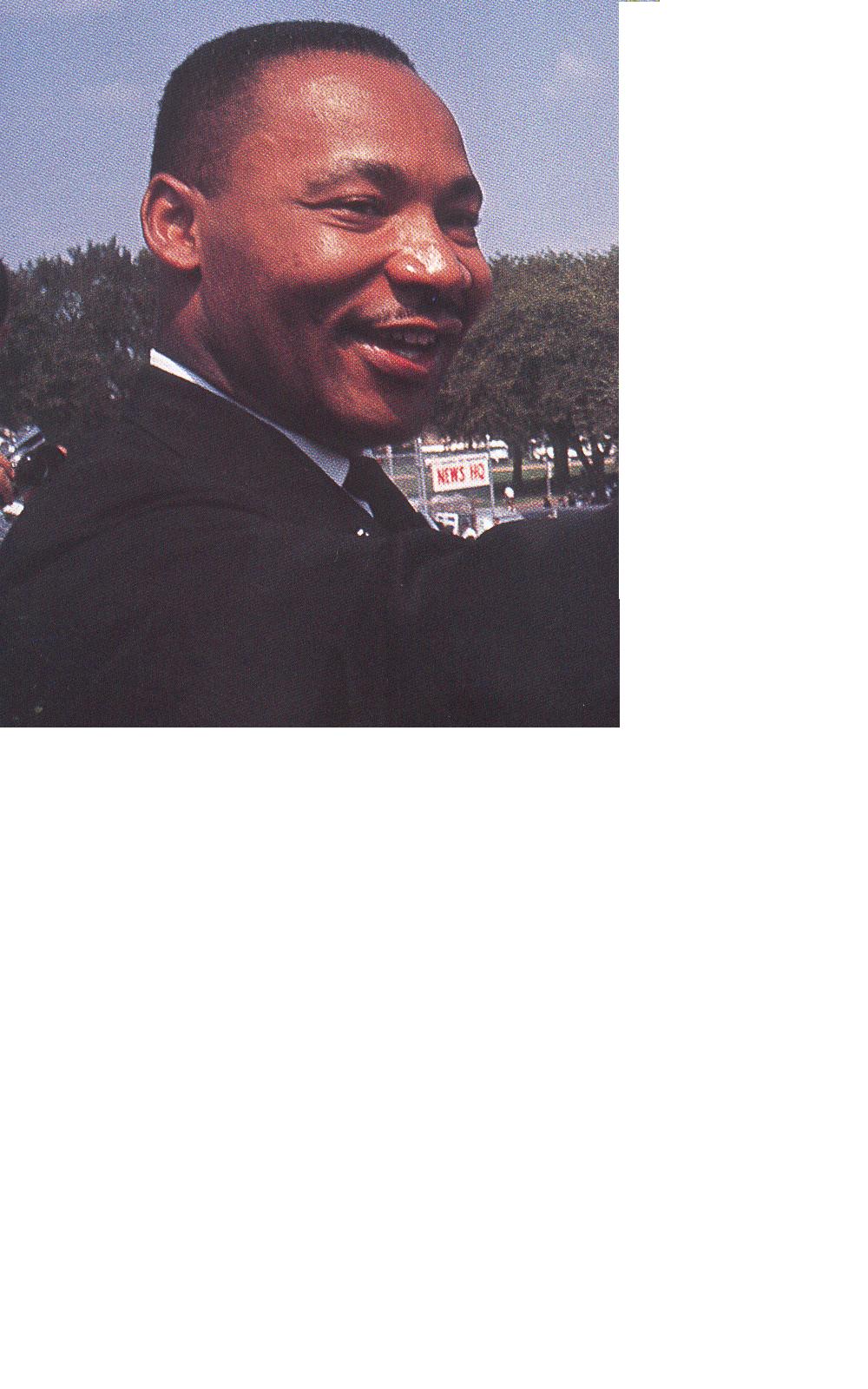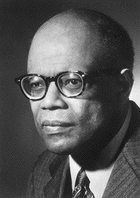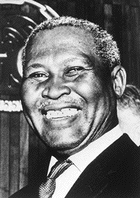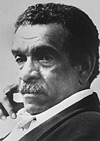Derek Walcott
Premio Nobel - 1992
Derek Walcott was born in 1930 in the town of Castries in Saint Lucia, one of the Windward Islands in the Lesser Antilles. The experience of growing up on the isolated volcanic island, an ex-British colony, has had a strong influence on Walcott's life and work. Both his grandmothers were said to have been the descendants of slaves. His father, a Bohemian watercolourist, died when Derek and his twin brother, Roderick, were only a few years old. His mother ran the town's Methodist school. After studying at St. Mary's College in his native island and at the University of the West Indies in Jamaica, Walcott moved in 1953 to Trinidad, where he has worked as theatre and art critic. At the age of 18, he made his debut with 25 Poems, but his breakthrough came with the collection of poems, In a Green Night (1962). In 1959, he founded the Trinidad Theatre Workshop which produced many of his early plays.
Walcott has been an assiduous traveller to other countries but has always, not least in his efforts to create an indigenous drama, felt himself deeply-rooted in Caribbean society with its cultural fusion of African, Asiatic and European elements. For many years, he has divided his time between Trinidad, where he has his home as a writer, and Boston University, where he teaches literature and creative writing.
Selected Bibliography
Verse
25 Poems, Port-of-Spain: Guardian Commercial Printery, 1948
Epitaph for the Young, Xll Cantos, Bridgetown: Barbados Advocate, 1949
Poems, Kingston, Jamaica, City Printery, 1951
In a Green Night, Poems 1948–60, London: Cape, 1962
Selected Poems, New York: Farrar Straus Giroux, 1964
The Castaway and Other Poems, London: Cape, 1965
The Gulf and Other Poems, London: Cape, 1969
Another Life, New York: Farrar Straus Giroux: London: Cape, 1973
Sea Grapes, London: Cape; New York: Farrar Straus Giroux, 1976
The Star-Apple Kingdom, New York: Farrar Straus Giroux, 1979
Selected Poetry, Ed. by Wayne Brown. London: Heinemann, 1981
The Fortunate Traveller, New York: Farrar Straus Giroux, 1981
The Caribbean Poetry of Derek Walcott, and the Art of Romare Bearden, New York: Limited Editions Club, 1983
Midsummer, New York: Farrar Straus Giroux, 1984
Collected Poems 1948-1984, New York, Farrar Straus Giroux, 1986
The Arkansas Testament, New York, Farrar Straus Giroux, 1987
Omeros, New York: Farrar Straus Giroux, 1990
Drama
Harry Dernier, Bridgetown: Barbados Advocate, 1952
Dream on Monkey Mountain and Other Plays, New York: Farrar Straus Giroux, 1970
The Joker of Seville & O Babylon!, New York: Farrar Straus Giroux, 1978
Remembrance & Pantomine: Two Plays, New York: Farrar Straus Giroux, 1980
Three Plays, New York: Farrar Straus Giroux, 1986
Critical Studies
The Art of Derek Walcott, Ed. by Stewart Brown, Bridgend: Seren Books, 1991
From Nobel Lectures, Literature 1991-1995, Editor Sture Allén, World Scientific Publishing Co., Singapore, 1997
This autobiography/biography was written at the time of the award and later published in the book series Les Prix Nobel/Nobel Lectures. The information is sometimes updated with an addendum submitted by the Laureate. To cite this document, always state the source as shown above.
